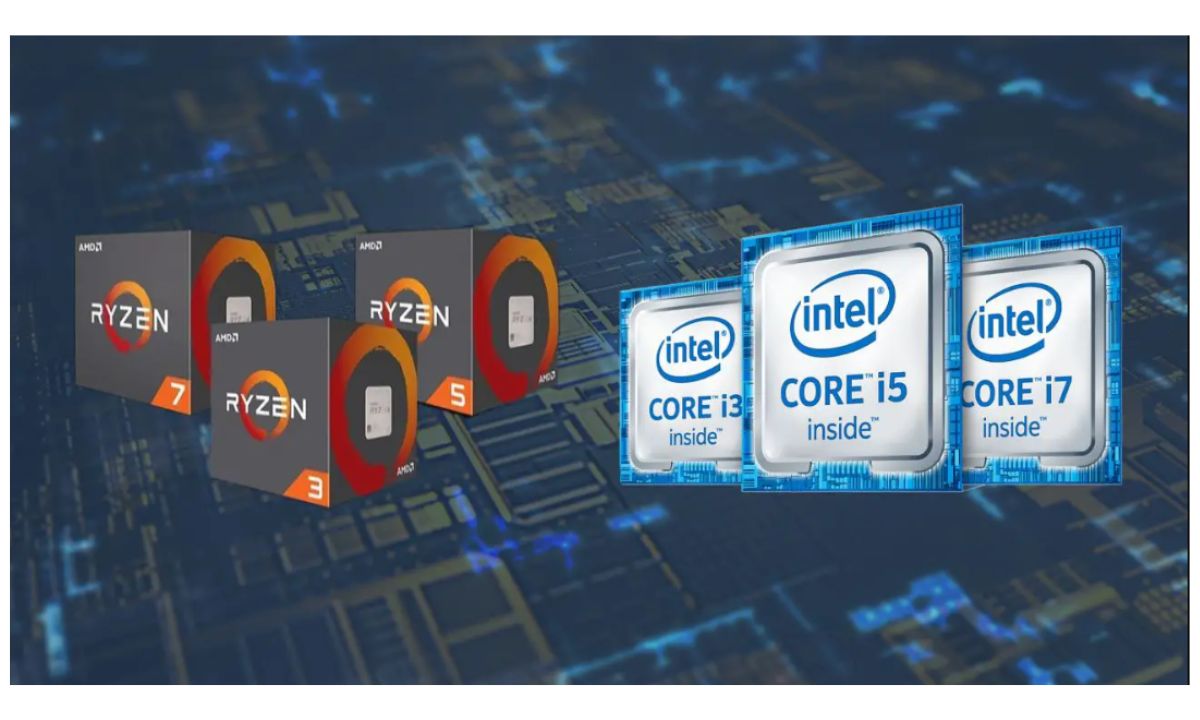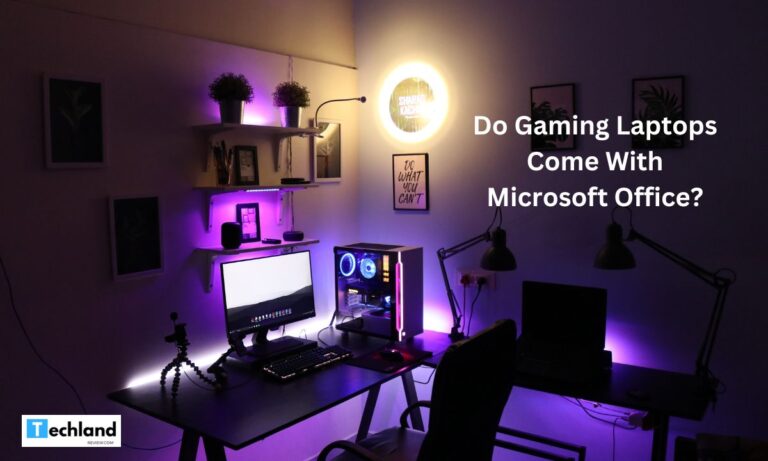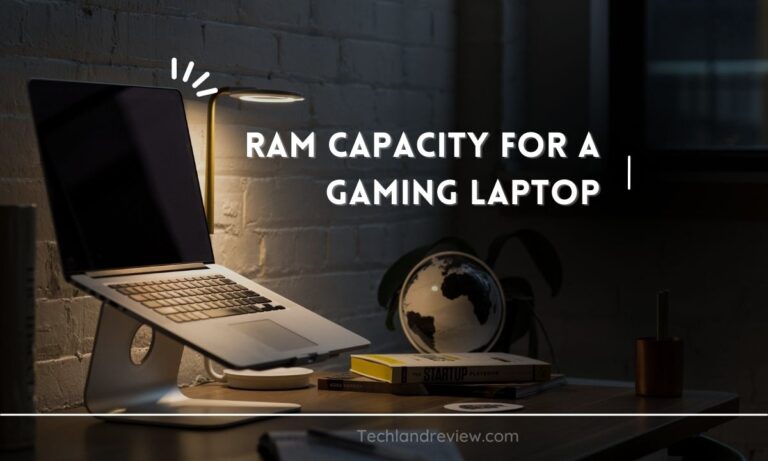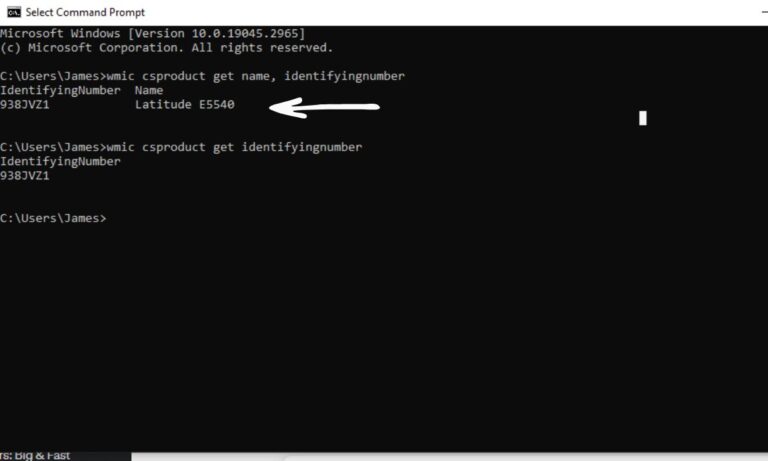What Is AMD Equivalent To Intel Core I5?
Are you in the market for a new computer or thinking about upgrading your current system? If so, you’ve probably come across the terms “AMD” and “Intel Core i5” during…
Are you in the market for a new computer or thinking about upgrading your current system? If so, you’ve probably come across the terms “AMD” and “Intel Core i5” during your research. These are two of the most popular and widely used processors in the world of computing. Both AMD and Intel have their unique strengths and capabilities, but what if you’re specifically looking for an AMD equivalent to the Intel Core i5?
In this article, we’ll explore the world of processors, dive into the specifications and performance of AMD’s offerings, and find out which AMD processor can be considered as an equivalent to the Intel Core i5.
AMD Ryzen: A Worthy Competitor
When it comes to processors, AMD has made significant strides in recent years with its Ryzen lineup. The Ryzen processors have garnered a reputation for their impressive performance, value for money, and multi-threaded capabilities. They have become a viable alternative for those who want powerful computing without breaking the bank.
Ryzen 5 Series: A Closer Look
In the AMD Ryzen family, the Ryzen 5 series is often compared to Intel’s Core i5 processors in terms of performance and price range. The Ryzen 5 processors offer a balance between power and affordability, making them suitable for a wide range of tasks, from casual browsing to gaming and content creation.
AMD Ryzen 5 processors typically feature a 6-core/12-thread configuration, which means they can handle multiple tasks simultaneously without compromising performance. The processors are based on AMD’s Zen architecture, which delivers excellent single-core performance and efficient multi-core processing.
AMD Ryzen 5 Models Compared to Intel Core i5
To find the AMD equivalent to Intel Core i5, let’s compare some popular Ryzen 5 models with their Intel counterparts.
Ryzen 5 5600X vs. Intel Core i5-11600K
The AMD Ryzen 5 5600X is a formidable processor that competes with Intel’s Core i5-11600K. Both processors are aimed at gamers and content creators who require reliable and fast performance.
The Ryzen 5 5600X offers six cores and twelve threads, with a base clock speed of 3.7 GHz and a boost clock speed of up to 4.6 GHz. It excels in gaming and multi-threaded workloads, thanks to its Zen 3 architecture and efficient IPC (Instructions Per Cycle). The 5600X also supports PCIe 4.0, providing faster data transfer rates for compatible devices.
On the other hand, the Intel Core i5-11600K is a 6-core/12-thread processor with a base clock speed of 3.9 GHz and a boost clock speed of up to 4.9 GHz. It offers excellent gaming performance and improved single-threaded capabilities compared to its predecessors.
In terms of gaming performance, the Ryzen 5 5600X and the Core i5-11600K are quite comparable, with slight variations depending on the specific game and settings. However, the Ryzen 5 5600X often edges out the Core i5-11600K in multi-threaded workloads and productivity tasks due to its superior multi-core performance.
Ryzen 5 5800X vs. Intel Core i5-11600K
Another worthy competitor to Intel’s Core i5-11600K is the AMD Ryzen 5 5800X. The Ryzen 5 5800X offers 8 cores and 16 threads, making it a step up from the Ryzen 5 5600X and providing better multi-threaded performance.
With a base clock speed of 3.8 GHz and a boost clock speed of up to 4.7 GHz, the Ryzen 5 5800X is built on the same Zen 3 architecture as the 5600X, ensuring exceptional single-threaded performance. It also supports PCIe 4.0 for faster data transfer.
Compared to the Core i5-11600K, the Ryzen 5 5800X generally outperforms it in both gaming and multi-threaded tasks. The additional cores and threads give the 5800X an advantage in demanding applications such as video editing, 3D rendering, and software development.
Ryzen 5 5900X vs. Intel Core i5-11600K
If you’re seeking even more power and performance, the AMD Ryzen 5 5900X is worth considering. With 12 cores and 24 threads, it offers a significant leap in multi-threaded performance compared to both the Ryzen 5 5600X and the Core i5-11600K.
The Ryzen 5 5900X operates at a base clock speed of 3.7 GHz and a boost clock speed of up to 4.8 GHz. It boasts exceptional multi-core performance, making it ideal for heavy workloads and tasks that benefit from parallel processing.
In terms of gaming performance, the Ryzen 5 5900X competes neck-and-neck with the Core i5-11600K, with minimal differences. However, when it comes to multi-threaded tasks, the 5900X significantly outperforms the Core i5-11600K due to its higher core and thread count.
Frequently Asked Questions
Can an AMD processor be used with an Intel motherboard?
No, AMD processors use a different socket and pin configuration than Intel processors. To use an AMD processor, you’ll need a motherboard that specifically supports AMD CPUs.
Is AMD Ryzen better than Intel Core i5 for gaming?
Both AMD Ryzen and Intel Core i5 processors offer excellent gaming performance. The choice between the two ultimately depends on specific models and their individual characteristics, as well as personal preferences. It’s recommended to check benchmarks and reviews to determine which processor suits your gaming needs.
Are AMD processors generally cheaper than Intel processors?
AMD processors are often more cost-effective compared to their Intel counterparts. AMD offers a wider range of processors at various price points, making them a popular choice for budget-conscious consumers. However, the pricing may vary depending on the specific models and their performance.
Conclusion
When looking for an AMD equivalent to the Intel Core i5, the AMD Ryzen 5 series provides excellent options to consider. The Ryzen 5 processors offer a balance between performance and affordability, making them suitable for various computing tasks.
Depending on your needs, the Ryzen 5 5600X, 5800X, or even the more powerful 5900X can serve as worthy alternatives to the Intel Core i5. Ultimately, it’s essential to consider your specific requirements, budget and intended usage to make an informed decision.







